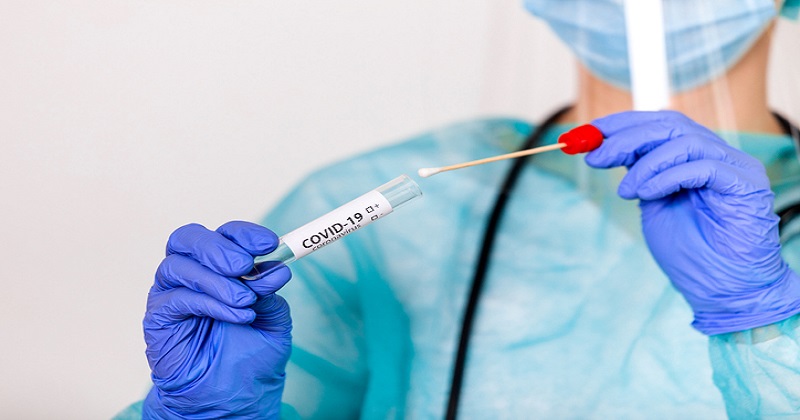
On Thursday, the Union health ministry issued a revised ”Clinical Guidance for Management of Adult COVID-19 Patients” supporting the EUA/off-label use of Tocilizumab drug in case of severe diseases, rather within 24 to 48 hours of the onset of the disease or ICU admission.
The guidelines issued by AIIMS, ICMR-COVID-19 National Task Force and the Joint Monitoring Group (DGHS) under the ministry stated that Tocilizumab (a drug that modifies the immune system or its functioning) may be viewed in patients with significantly raised inflammatory markers and not improving despite the use of steroids with there being no active bacterial/fungal/tubercular infection.
They also suggested off-label use of convalescent plasma only in the early moderate disease, preferably within seven days of symptom onset, stating that “no use after seven days” and only on the availability of high titre donor plasma.
With emergency use authorization (EUA), Remdesivir may be granted for only those patients with moderate to severe diseases (requiring supplemental oxygen) within 10 days of onset of symptoms.
It is not recommended for those with severe renal impairment or hepatic dysfunction, the guidelines stated.
“Not to be used in patients who are not on oxygen support or in-home settings,” the ministry underlined.
The guidance note comes in the call of increasing demand for Tocilizumab, Remdesivir and plasma, as the COVID-19 cases continue to surge. The note defines how and in what stages and doses should the drugs be used.
As per the guidance note, upper respiratory tract symptoms (or fever) without shortness of breath or hypoxia has been classified as ‘mild disease” and people have been informed of home isolation and care.
Physical distancing, indoor mask use, strict hand hygiene are also stated in the guidelines. Symptomatic management (hydration, anti-pyretics, antitussive, multivitamins), staying in contact with treating physician, monitoring temperature and oxygen saturation (by applying a SpO2 probe to fingers) for such patients.
Those patients should seek immediate medical attention if they develop difficulty in breathing, high-grade fever/severe cough, particularly if lasting for five days.
Low inception to be kept for those with any of the high-risk features such as 60 years of age, having cardiovascular disease, hypertension, chronic lung/kidney/liver disease or cerebrovascular disease or obesity, the note stated.

Post Your Comments